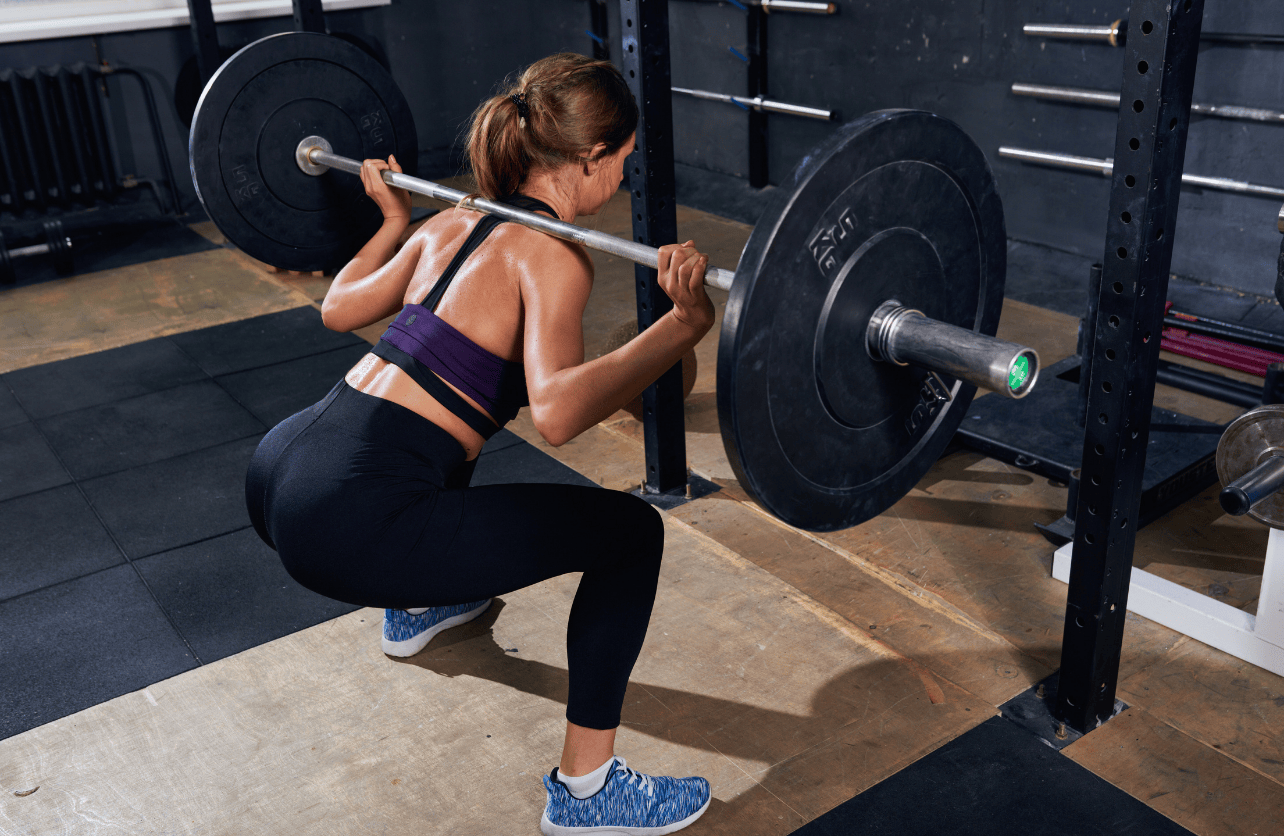Why Your Knees Pop When You Squat

If you’ve ever squatted down—whether at the gym or just picking something up off the floor—and heard your knee make a sudden pop or crack, you’re not alone. It’s one of the most common joint noises people experience during exercise. In most cases, it’s harmless. But not always.
Understanding why your knees pop during squats can help you determine whether it’s just your body being noisy, or a sign that something deeper needs attention. Let’s start with the two most common causes of knee popping and then explore when it’s time to take it seriously.
1. Gas Bubbles: The Harmless Snap-Crackle-Pop
The most common—and generally benign—reason your knees pop during a squat has to do with gas bubbles in your joint fluid. This phenomenon, known as cavitation, happens when small pockets of air or gas build up in the synovial fluid that lubricates your joints. When you move in a way that quickly changes joint pressure—like dropping into a squat—those bubbles can suddenly collapse or shift, making a popping sound.
Think of it like cracking your knuckles. The sound isn’t your bones grinding or anything being damaged. It’s just a sudden release of pressure.
In most cases, this type of knee popping:
Happens without pain
Doesn’t cause swelling
Doesn’t limit your range of motion
If your knees pop like this occasionally—especially after sitting for long periods or during the first few reps of a workout—it’s usually nothing to worry about. Many people experience it as part of their body’s natural movement, and it may even decrease as your joints warm up.
2. Cartilage Wear and Tear: The Rice Krispie Effect
While it’s super unlikely that if you’re an otherwise healthy, uninjured person, another potential cause of knee popping could do with changes in the cartilage that lines your joint. As we age—or if we’ve put a lot of wear and tear on our knees through sports, running, or repetitive motions—the cartilage can become less smooth. Instead of a quiet, gliding surface, the joint becomes a bit rougher, leading to what many describe as a “crackling” or “grinding” sound when bending or squatting.
This sound is often less of a pop and more of a crunch or a series of soft, gritty noises, particularly noticeable during slow or deep squats. While this doesn’t always mean something is seriously wrong, it can be an early sign of cartilage breakdown, which, if left unchecked, could progress to more significant conditions like osteoarthritis or patellofemoral pain syndrome.
Things that might contribute to cartilage-related popping include:
Previous knee injuries (like meniscus tears)
Long-term high-impact activity
Muscle imbalances or poor squat mechanics
Age-related joint degeneration
In this case, the popping might not hurt right away, but over time, it could be accompanied by stiffness, swelling, or discomfort after extended activity. That’s when it’s important to monitor your symptoms more closely.
3. When to Seek Medical Attention
While occasional popping without pain is often harmless, there are certain red flags you shouldn’t ignore. If your knees are making noise and you’re experiencing any of the following, it’s time to consult a doctor or physical therapist:
Persistent or sharp pain: If the pop is followed by pain—especially if it feels sudden and sharp—this could indicate something more serious like a ligament strain or meniscal tear.
Swelling or inflammation: Noticeable swelling in or around the knee joint can suggest tissue damage or inflammation that needs to be evaluated.
Instability or weakness: If your knee feels like it might “give out,” buckle unexpectedly, or lacks strength during or after the pop, that’s a clear sign something’s off in the joint structure or surrounding musculature.
Reduced range of motion: Difficulty bending or straightening the knee after a pop—especially if it feels locked or restricted—could point to a structural issue like a torn meniscus or floating cartilage fragment.
Popping that worsens over time: If the sounds become more frequent, more intense, or start being accompanied by discomfort, it’s best not to ignore them. Early intervention can prevent minor wear and tear from becoming chronic issues.
Final Thoughts
Knee popping during squats isn’t always a bad thing. For many people, it’s a normal side effect of joint movement or harmless gas bubbles releasing under pressure. But when it comes with pain, swelling, or instability—or becomes a persistent distraction—it deserves a closer look.
Your knees carry a lot of weight, both literally and figuratively. Taking the time to understand what they’re trying to tell you can save you from years of discomfort down the line. If in doubt, get it checked out—it’s always better to catch a problem early than to rehab a preventable injury later.
Trustworthy Insights for You
With years of combined expertise in online publishing, OvertimeReviews embodies the lessons learned from SEO strategies to paid advertising experiences. We've navigated the highs and lows, and our goal remains clear: to equip readers with comprehensive information they can trust.
